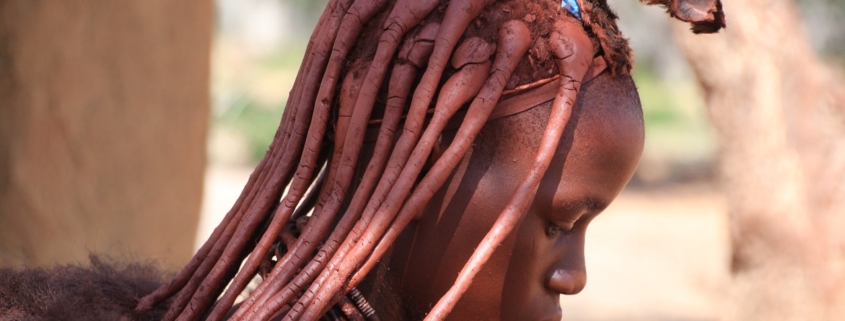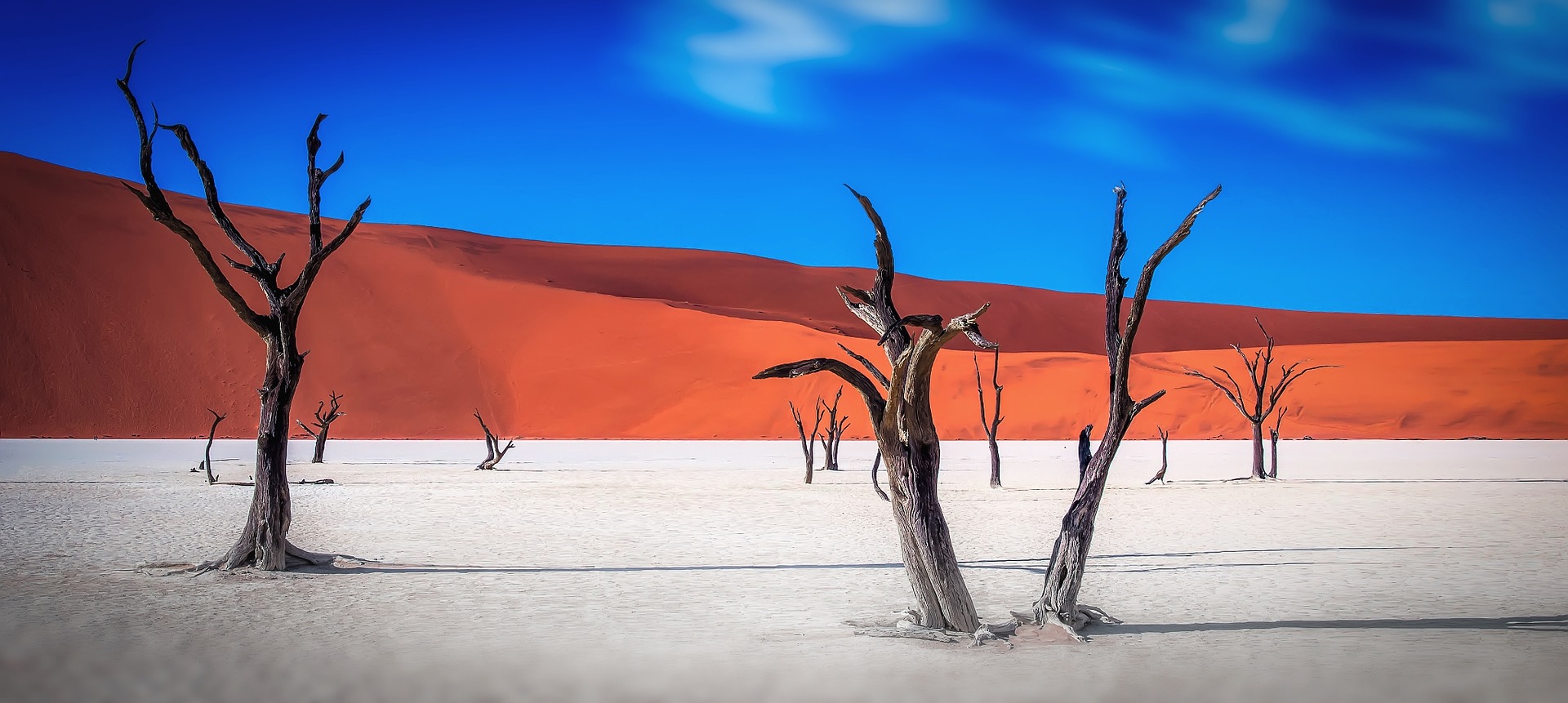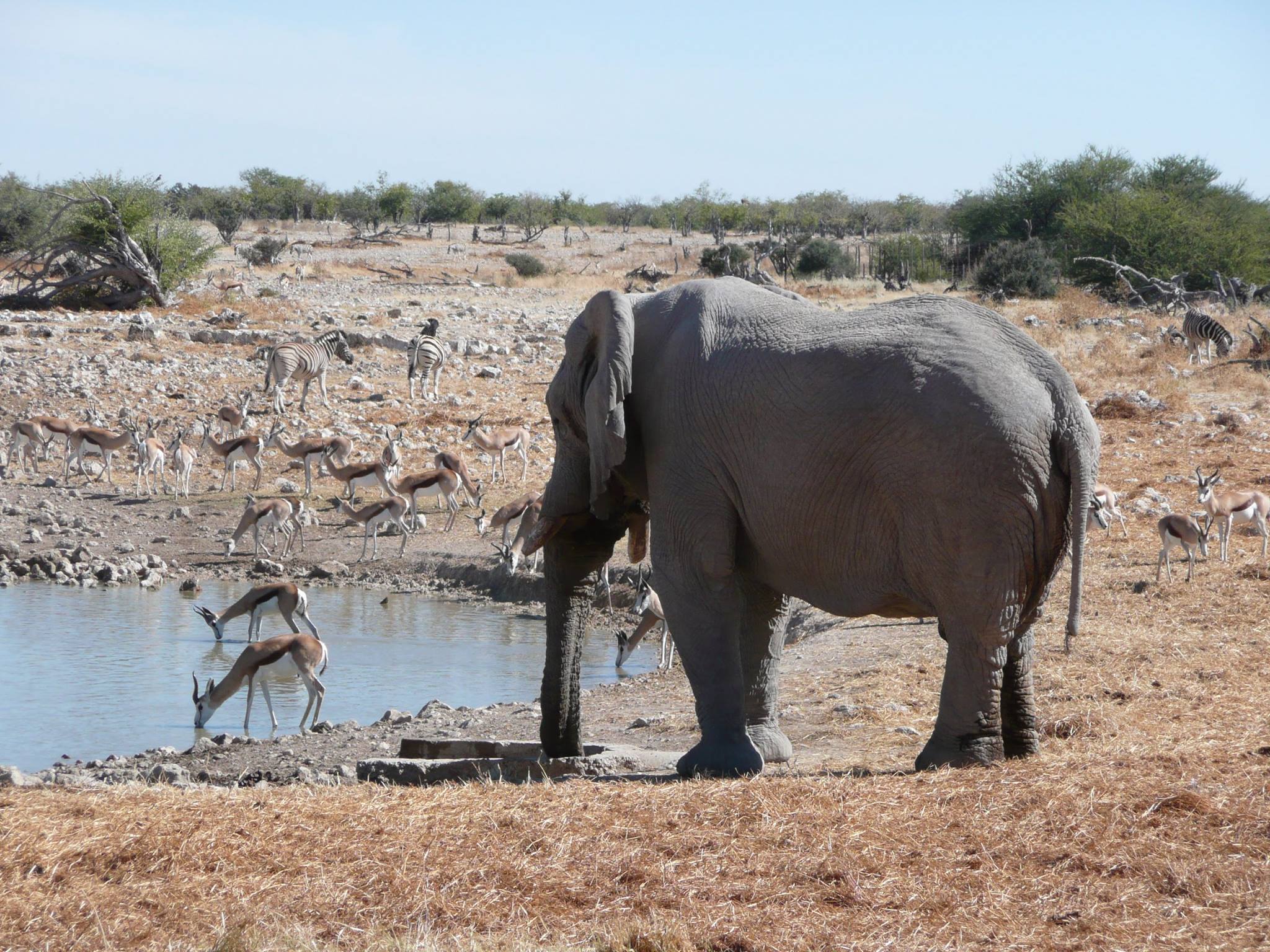
Culture in Namibia
Namibia has many different cultures!
Basters: A relatively new culture, the Rehoboth Basters are strong Christians who are extremely patriotic of Namibia and extremely protective of their cultural differences. They are renowned farmers and tradesmen.
Tswanas: The smallest cultural group in the country, the Tswanas have heavy links to the people of Botswana. There are three subgroups of the culture and the majority of them work as cattle farmers.
Nama: With 13 different Nama tribes, the cultural group has a strong history of music and poetry and is extremely artistic. The women of the Nama tribes are also very artistic, working on some beautiful traditional African garments.
Himba: A very isolated tribe, working off the land just like in the olden days. Some of the younger members will conform to modern standards, but the majority of the culture still respects the traditional way and avoids all modern technology.
Damara: One of, if not the oldest group still living in Namibia. They are heavy workers on farms and mines and live majorily in the north western region of the country. They have no strong ties to any other cultures in Africa and stand alone on their own accord.
Herero: The people of the Herero were believed to have come to Namibia from a separate area filled with green landscapes and loads of water. They had a big conflict with the Nama people which caused numerous casualties, but all has since been forgiven and the Herero are now some of the countries best businessmen and farmers.
Germans: not as prominent as they were 100 years ago, German Namibians are direct descendants from their German ancestors who once colonised the country. A very strong European flavour comes with German Namibians and they are an eclectic taste of Africa and Europe.
Africaans: descending from Europe and South Africa enjoy the western lifestyle and some African culture. Afrikaans is still a popular language.
Bushmen: also referred to as the San, only has around 40,000 people in existence. They are strong hunters and due to vast areas of the country being contained in reserves they have recently been forced to get jobs on farms to survive. Can go long periods of time without meat in order to survive.
So whatever you do make sure you take the time to experience all the cultures spread throughout the country to really get a taste of what Namibia has to offer. You will soon discover why it is such a rich tapestry of diversity!



